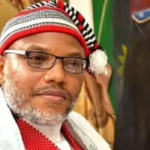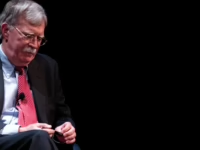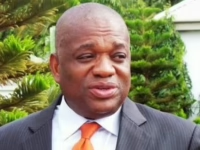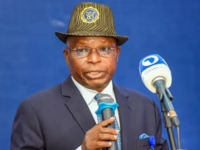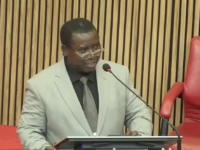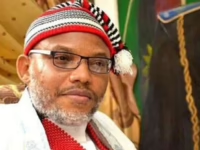On Thursday, the Lagos State chapter of the All Progressives Congress (APC) accused former Labour Party presidential hopeful Peter Obi of demonstrating “political selective amnesia” in response to his recent dismissal of the ongoing apc-pdp-and-nnpp-supporters-decamp-to-adc-in-katsina/” title=”…, PDP and NNPP supporters decamp to ADC in Katsina”>defections to the ruling party in Nigeria’s South-East and South-South regions.
Obi had claimed that “no one can dominate the South-East through defections,” addressing the surge of prominent politicians shifting allegiance from the Peoples Democratic Party (PDP) to the APC in these areas.
In a rebuttal, Seye Oladejo, the APC’s Lagos Publicity Secretary, labeled Obi’s statement as hypocritical, pointing out that the ex-governor of Anambra State lacks the credibility to criticize party-switching given his own history of multiple political realignments.
“It is quite ironic that Peter Obi, widely regarded as a serial defector in Nigerian politics, now assumes the moral high ground to lecture others on political loyalty,” Oladejo remarked. “This is a figure who transitioned from APGA to PDP, then to the Labour Party, and insiders suggest he might be scouting for yet another platform ahead of the 2027 elections.”
Oladejo further asserted that Obi’s political journey has been characterized by opportunism and convenience, adding that if there were accolades for frequent party changes, Obi would undoubtedly be the frontrunner.
RELATED: Court schedules continuation of trial for IPOB leader Nnamdi Kanu after medical clearance
The APC spokesperson also rejected Obi’s notion of “capture,” emphasizing that the increasing support for the ruling party in the South-East is a reflection of voluntary alignment with the national development agenda championed by President Bola Ahmed Tinubu’s government.
He highlighted that citizens, especially in the South-East, are prioritizing inclusion, infrastructure development, and investment opportunities over “emotional populism and victimhood politics.”
Oladejo criticized Obi’s political style as “isolated and self-righteous,” noting that it has lost resonance with the electorate. He stressed that political power is secured through organized structures, consistent efforts, and widespread engagement.
“In a nation embracing unity and progress under the Renewed Hope Agenda, divisive and sectarian politics have become obsolete,” Oladejo concluded, asserting that Obi’s political relevance has diminished, leaving him “isolated and weakened by the realities on the ground.”



